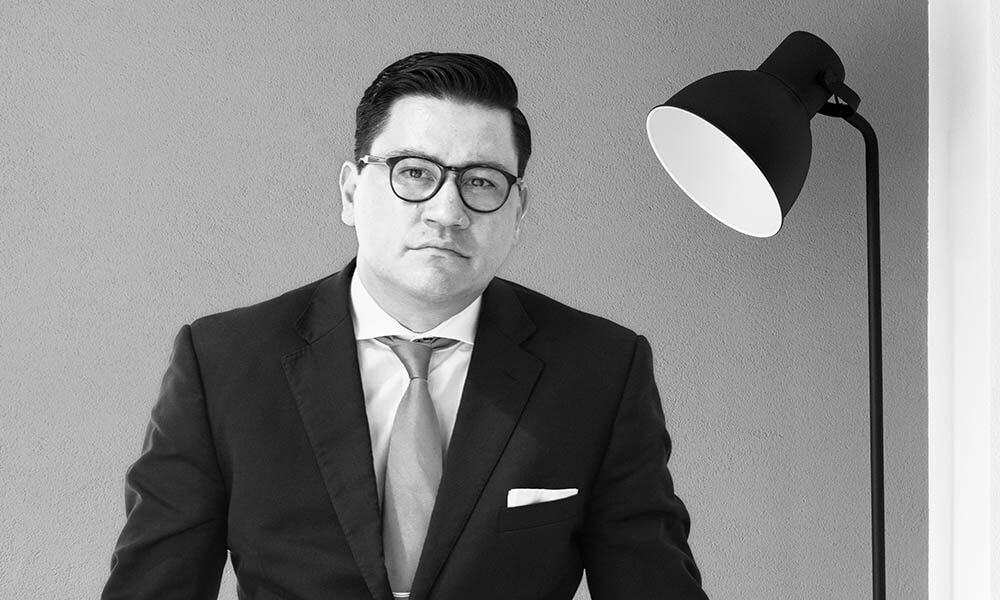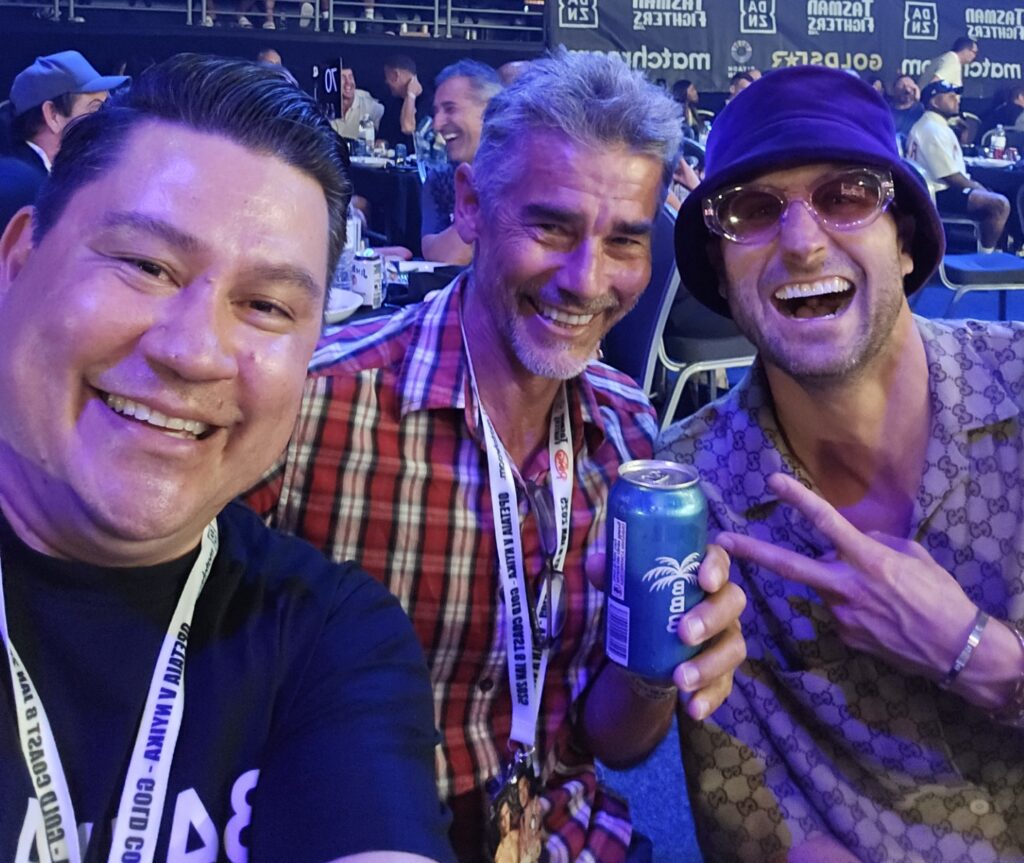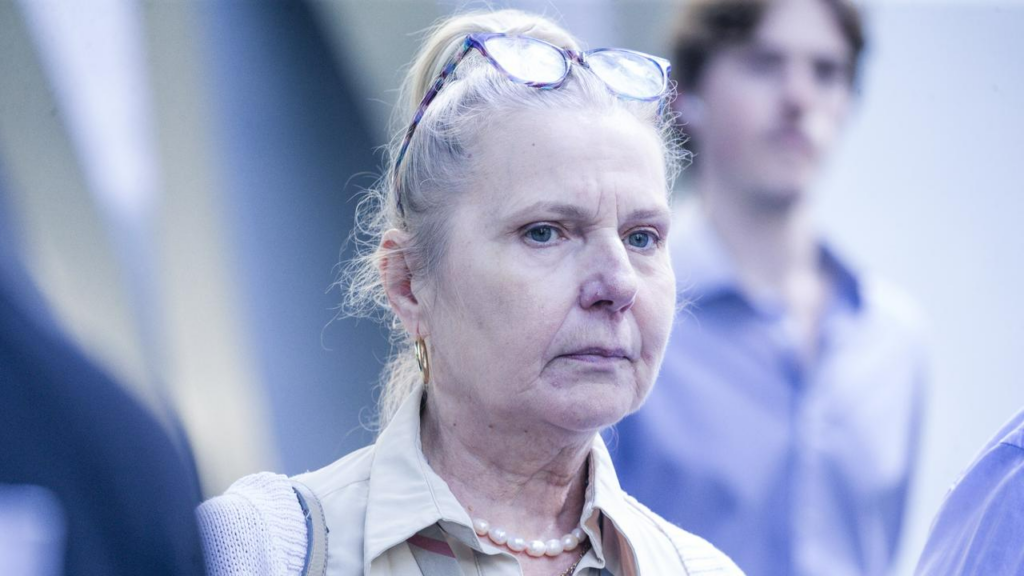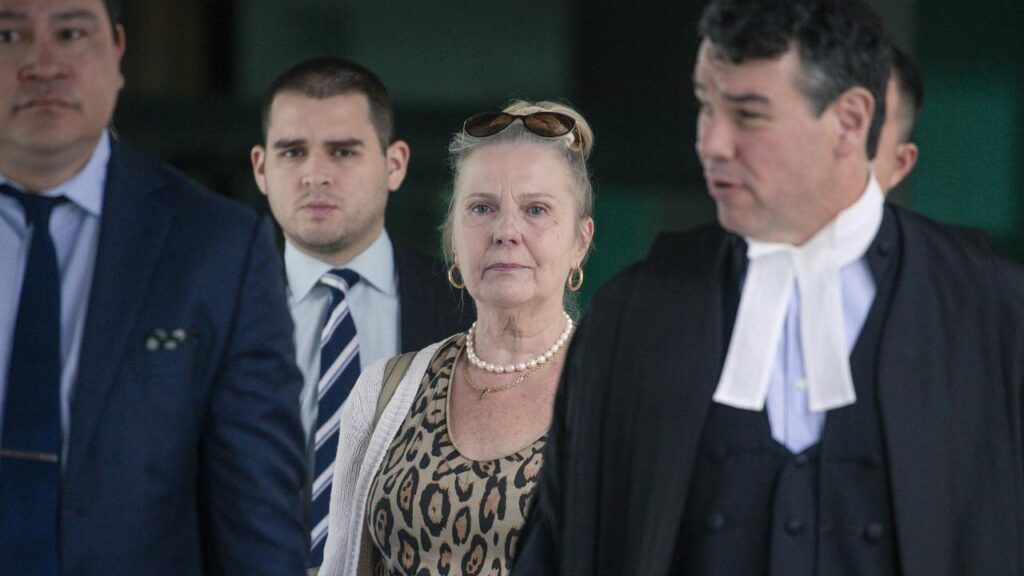First Nations Lives Matter

I first met Ron Behlau in the final year of my undergraduate degree at Griffith University.
He was lecturing a class of aspiring law students about the importance of vigilance in protecting the rights of the most vulnerable in our criminal justice system.

As a proud Bundjalung man, his words resonated with me, in particular, on the topic of First Nations incarceration rates and deaths in custody. At the time of the lecture, there had been 424 recorded First Nations deaths in custody since the 1991 Royal Commission into Aboriginal deaths in custody.
Since that lecture there have been six more recorded First Nations deaths in custody (sadly, five in four weeks this year),1 prompting me to reflect on what has happened (or perhaps not happened) in the 30 years since the Royal Commission’s final report.
Statistics
Firstly, some recent statistics:2
- Indigenous Australians represent only 3% of the total population, yet more than 29% of Australia’s prison population are Aboriginal.3
- The number of Indigenous Australian prisoners has continued to grow despite an overall reduction in the number of adult prisoners nationally.4
As I embark on my career in the law, I asked Ron some questions to determine where we might be going wrong in addressing these issues, and what our members can do to implement change.
JA: What should governments be doing to address First Nations deaths in custody?
RB: One of the biggest problems is the over-representation of First Nations people in our criminal justice system. The longer our governments take to address the issues surrounding why First Nations people are being incarcerated at such rates, the higher the likelihood the fatalities will increase.
Despite there being recommendations in the past about the implementation of 24-hour legal advice hotlines or custody notification services, First Nations people are unlikely to access lawyers at critical times during their arrest or while in watch houses and jail cells. They should be given special priority to consult with medical professionals (GMOs) to determine if they are suffering from any medical conditions, which could avoid the danger of a failure to adequately diagnose a potentially lethal medical problem.
Above and beyond this, there has not been one successful prosecution over any Aboriginal death in custody. I believe we need to legislate so that whenever First Nations persons encounter police or prison security officers, they are mandated to utilise body-worn cameras to record their interactions with them. This would ensure that they are accountable for their actions when dealing with First Nations on the street, in paddy wagons, watch houses, police stations and jail cells. Each state has spent vast amounts of resources on this technology and they are not being told to use it.5
JA: What should people, organisations and lawyers do to address the issue?
RB: As a society we need to accept that this is a serious problem and that it needs to be addressed with better measures that have been contemplated in the past.
It is extremely alarming that some say the rate of First Nations deaths in custody could be as high as 500.6
We as lawyers need to be vigilant and assist (whether pro bono or otherwise) those who are more vulnerable, marginalised and over-represented within our criminal justice system. You don’t need to be a criminal lawyer or human rights advocate to understand that this is a problem that requires our attention.
As we saw in the George Floyd example in America, the Black Lives Matter movement captured a nation. Lawyers need to engage with the issue so that awareness is raised that ‘First Nations Lives Matter’.
JA: If you could suggest some immediate changes, what would they be?
RB:
- A Bail Act review to assess risk of harm to First Nations people upon refusal of bail.
- Revision of the roles and funding of the GMO in watch houses and prisons.
- Mandatory use of body-worn cameras by all police and prison officers who are dealing with Indigenous people in custody.
There needs to be a change in way in which First Nations peoples are treated whilst in the custody of the State. There is much anticipation for any solutions-based proposals.
In the Media
Behlau Murakami Grant hosts DJ Fisher at Opetaia World Title Fight
Gold Coast-based international DJ Paul “The Fish” Fisher was almost a bigger hit with fight fans...
Church, police under fire from Behlau Murakami Grant after childcare manager cleared of computer hacking.
Childcare manager Yolanda Borucki has been found not guilty of computer hacking after she went to the...
Whistleblower Found not Guilty Thanks to Behlau Murakami Grant
The whistleblower accused of sharing confidential details surrounding Australia’s worst pedophile has had her name...



